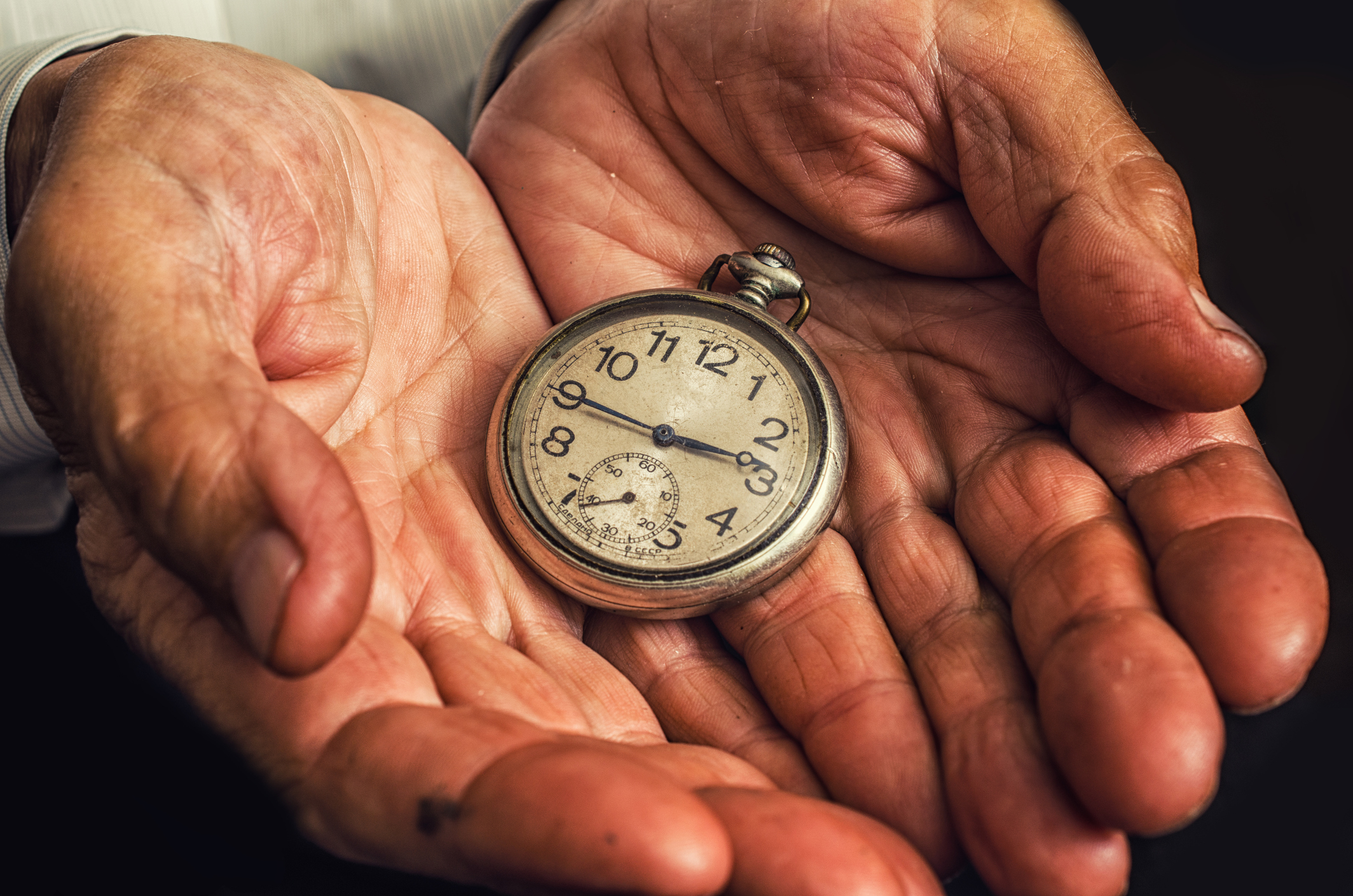In going through my dad’s things, I came across an old Pepsi soda can from the 1960s. It had clay surrounding it. Old dried and yellowed bands of once clear tape were barely keeping the brittle shards together. The clay was painted faded hues of what were once bright red, blue, and perhaps green. It was the pencil box I made for my dad when I was in nursery school. That soda can sat on his desk in his office and then at home. The layers of tape were added until it finally morphed from a pencil holder into a keepsake. I was deeply touched to find this craft project from when I was a young boy among his things when he died. It was the story of that simple gift that was so valuable and meaningful to both of us. What if all of us could share our story with our loved ones?
We are, by our nature, story tellers. In the Jewish tradition we use stories all the time; Stories in Torah, Aggadot, Midrashim, all are the legends often using allegory and metaphor to understand the human condition, the challenges we confront, and the ways we try to make meaning in our lives. The most extraordinary gift in our tradition was the gift of Torah. From the moment of revelation at Sinai, we have remained engaged with it and the stories within. And with the gift of Torah, we are in an ongoing relationship with the Eternal.
Storytelling is a primary way of sharing wisdom and values, and, although everyone has significant stories, ironically many of us struggle with trying to tell our own stories. It can be hard to separate our stories from one another, we become overwhelmed by the enormity of “sharing our sacred story” and so we withdraw from the process of engagement, rather than dive in and start story telling. Using our possessions as gifts gives us a way in.
Everything we possess has a story. From souvenir to gem, the circumstances under which that thing became ours gives it meaning, depth and emotional impact. That story imbues that inanimate object with our spirit and in interesting ways, gives it life. The parallel to our own creation myth is thought provoking. The moment we see the curio in our cabinet, we conjure the story about how we found it and how we came to the decision to keep it.
This understanding helped a group of us recently invited to brainstorm at the Design Lab of Jefferson Memorial Hospital to create the Legacy Store. In the broad context of Reimagining Death, we engaged in a variety of thought experiments. In the Design Lab, we conceptualized how we tell our stories and how we share those stories with loved ones. The stories associated with our possessions was the vehicle. These things and their stories were the way to connect others to the intimate memories we carry. We came upon the idea of a store. We give away each and every thing that we value to our loved ones, the “price” is to learn and hopefully embrace our memories and emotions that we have associated with that object.
I am drawn to the movie Citizen Kane. Charles Kane’s final word is Rosebud, the name of his prized boyhood possession, his sled. That sled was a symbol of simpler and happier time and an innocence long gone. After Kane had died, his estate was liquidated; the things of material value were sold and the rest was summarily disposed of. The saddest part of the movie wasn’t the loss of his childhood memories, but despite a life of overwhelming material success, Kane leaves no one behind with whom he could share the story of his sled. As we watch Rosebud tossed into the fire and consumed by the flames, we feel the emptiness and loneliness that was Kane’s life. But our lives do not have to end this way. By sharing our sacred stories, we make meaning of our existence and connect to those we love.
I knew my part of the story about my gift to my dad from over 50 years ago. But finding that pencil box among his personal things helped me to understand my dad and our connection more intimately than before. The Legacy Store idea may be a vehicle to help others share an enduring profound connection, not of material things to people, but rather people to people. This is part of the underlying purpose of Conversations for Life and Legacy and my work reimagining the Ethical Will. Sharing our stories is really about sharing ourselves creating meaning and purpose, bonding with those we love. So, take the things you treasure most and share both them and the stories they carry with your loved ones while you are still alive to bequeath a legacy that goes beyond things to deeper meaning and connection.

Rabbi David Levin is the founder of Jewish Relationships Initiative (JRI), a 501(c)3 focused on outreach, meaning making, and the challenging end-of-life journey. He has re-imagined the Ethical Will, found online at: ConversationsForLifeAndLegacy and JewishRelationshipsInitiative. He also teaches with noted colleagues, a lecture series exploring Jewish Wisdom throughout these demanding life phases. David Levin is a Fellow with Rabbis Without Borders and makes his home in Philadelphia with his wife Naomi.

